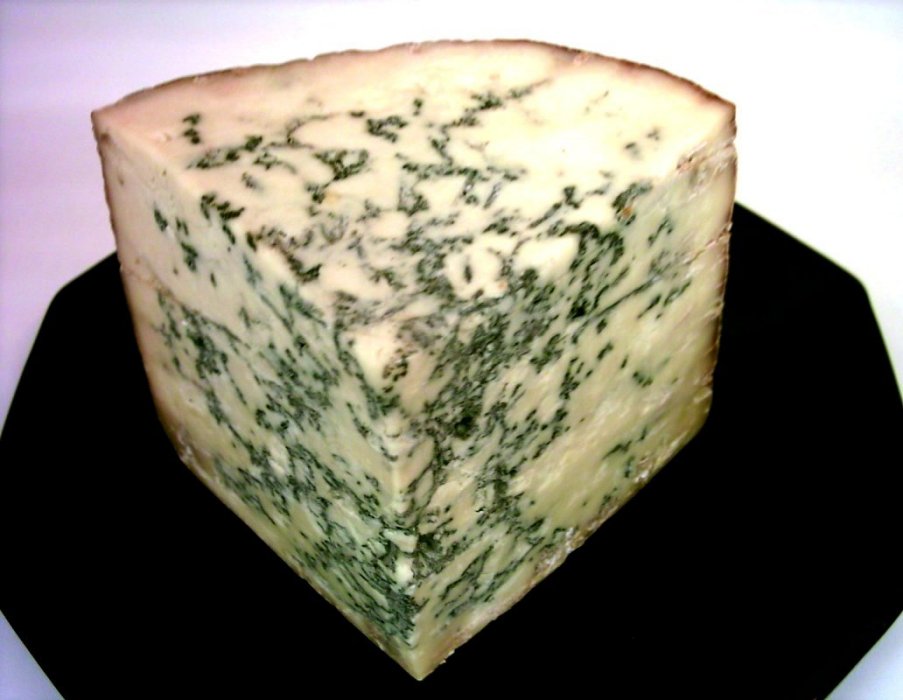Cheese-making got started at least 7000 years ago, a new study from Poland has shown.
Writing in Nature, Bristol scientist Richard Evershed and his colleagues used sensitive chemical techniques to successfully extract and analyse fat residues from pottery samples dating from 5000 BC. Resembling a colander and made of clay, the pot samples are perforated with numerous small holes and bear a striking resemblance to more modern cheese sieves that are used to drain off the liquid whey from the coagulated curds during cheesemaking. But pots with a similar structure could have been used to strain honey, or separate solids during beer making, so chemical proof of the role of the pots was needed.
 Incredibly, despite being in the ground for up to 7000 years, traces of fats identical to those found in milk were still present impregnated into the pottery material.
Incredibly, despite being in the ground for up to 7000 years, traces of fats identical to those found in milk were still present impregnated into the pottery material.
The team compared the results to other pots also found at the same archaeological site and which appeared to have been cooking vessels. The range of fats present in these was clearly different, reflecting the presence of meat, and of having been cooked. Bones found nearby were also overwhelmingly of domesticated cattle.
Regrettably, there's no chemical marker for cheese itself, but putting these two lines of evidence together, Evershed says, "is the first direct evidence for cheese-making" at this point in neolithic human history.
The results are also interesting from the perspective of lactose intolerance. Modern populations are equipped with gut enzymes to digest lactose, the dominate sugar in milk. But amongst our forebears this crucial molecular knife and fork was absent. Making cheese, however, would have depleted the dairy products of the majority of their lactose, rendering the milk more palatable, and easier to store for long periods.










Comments
Add a comment